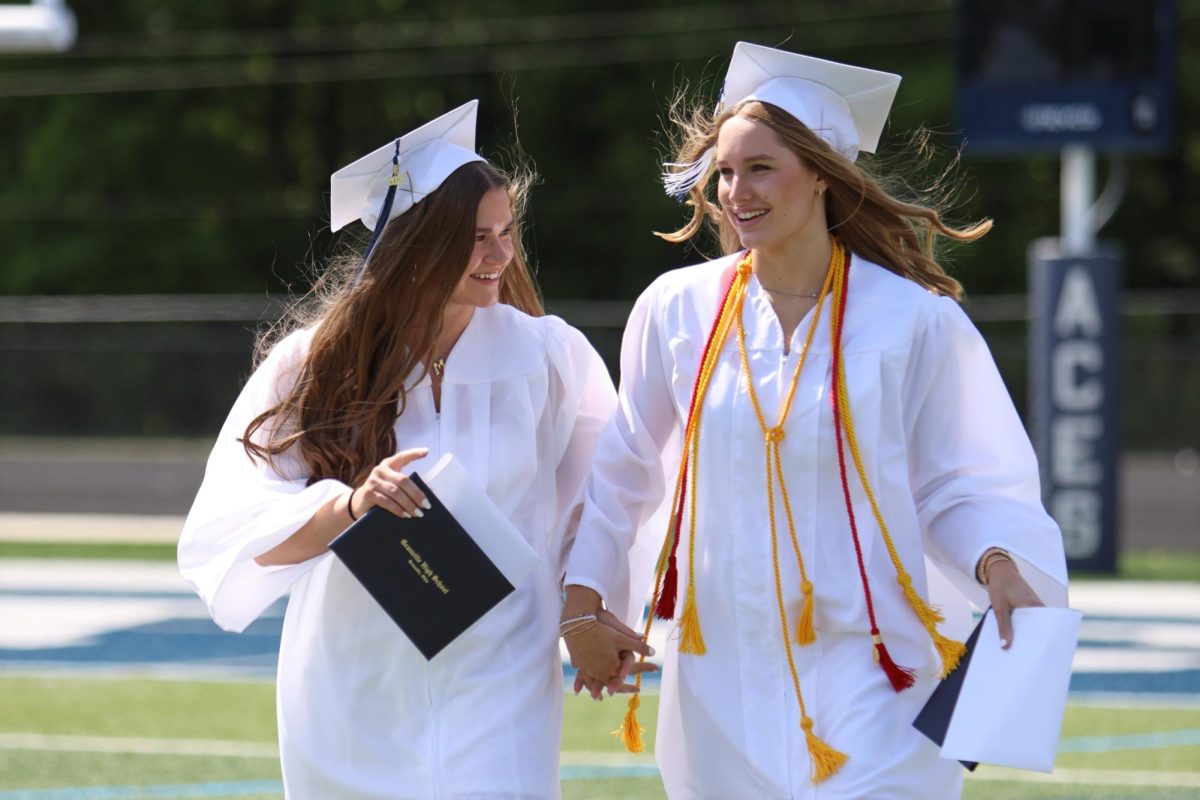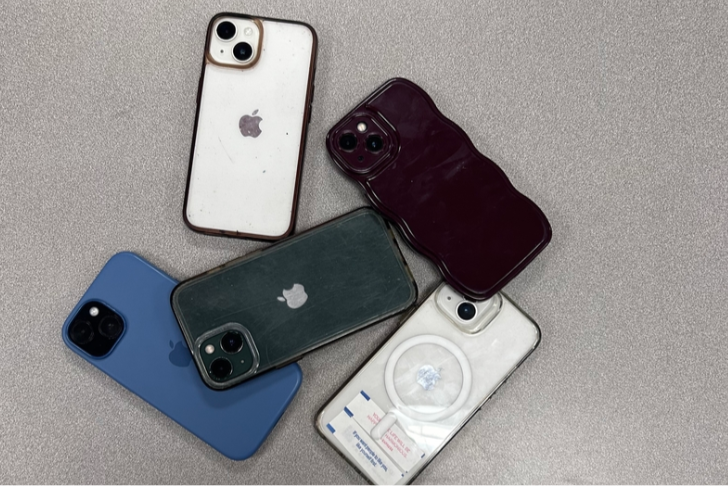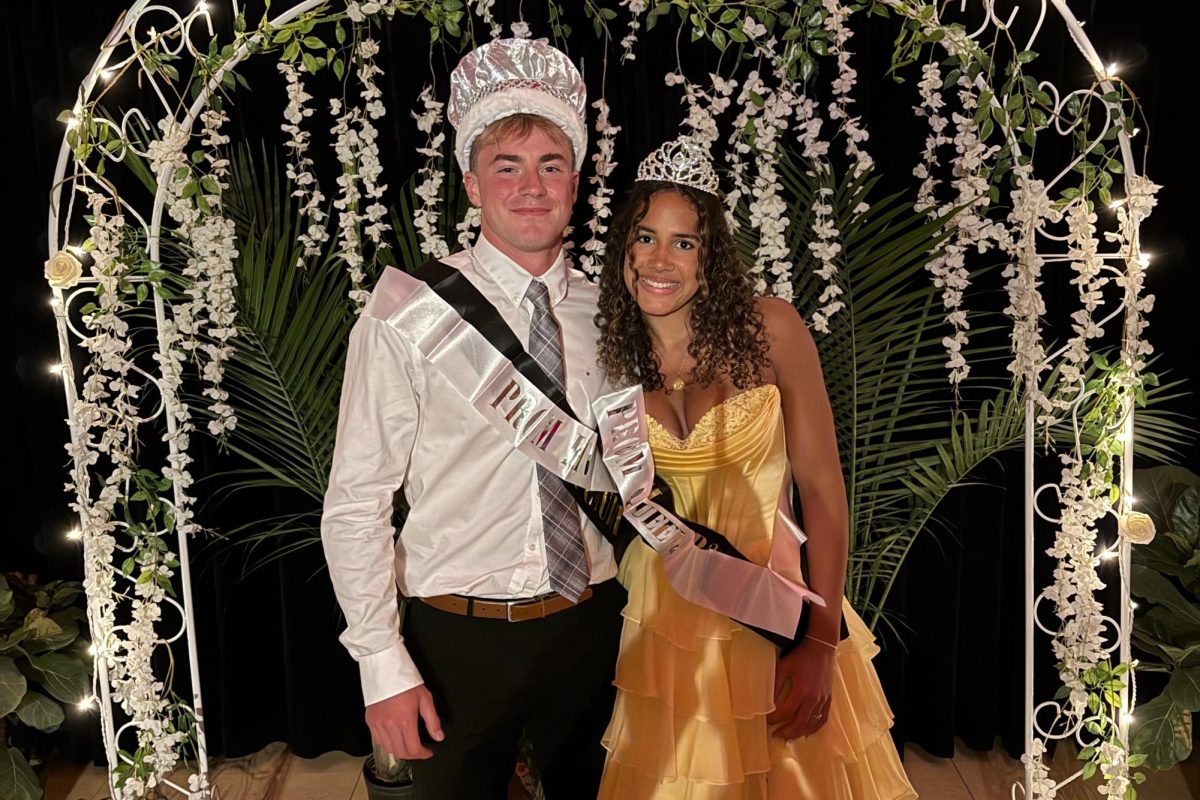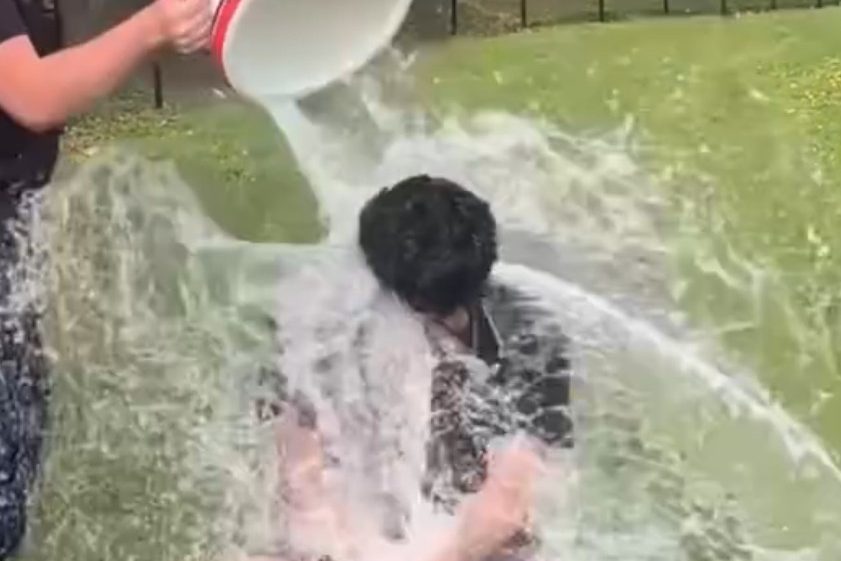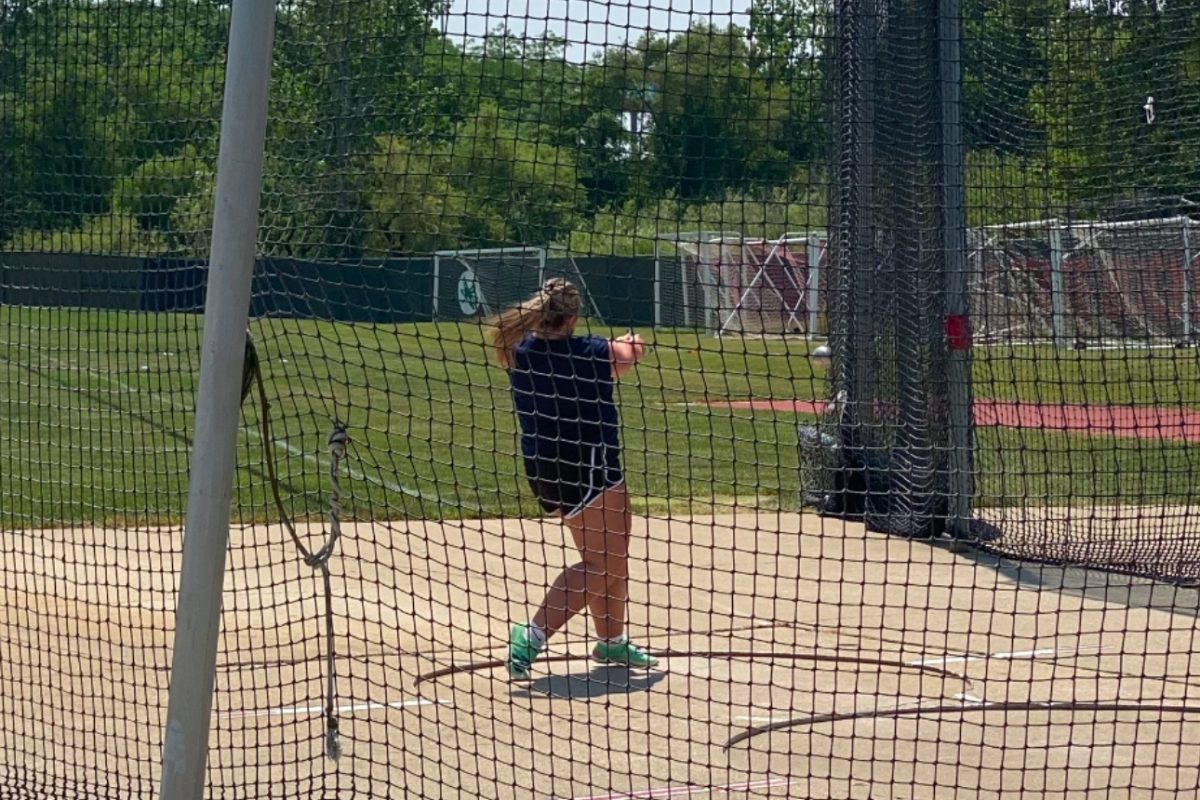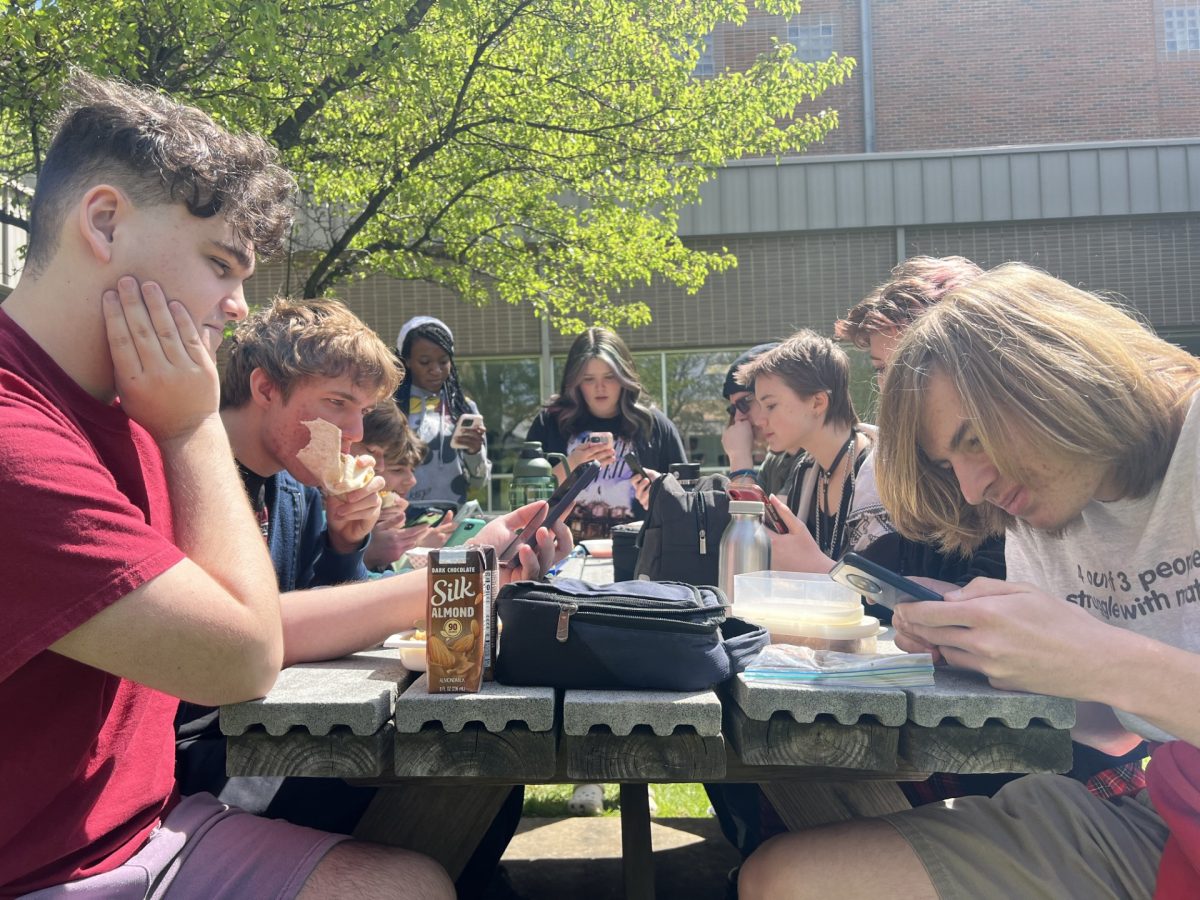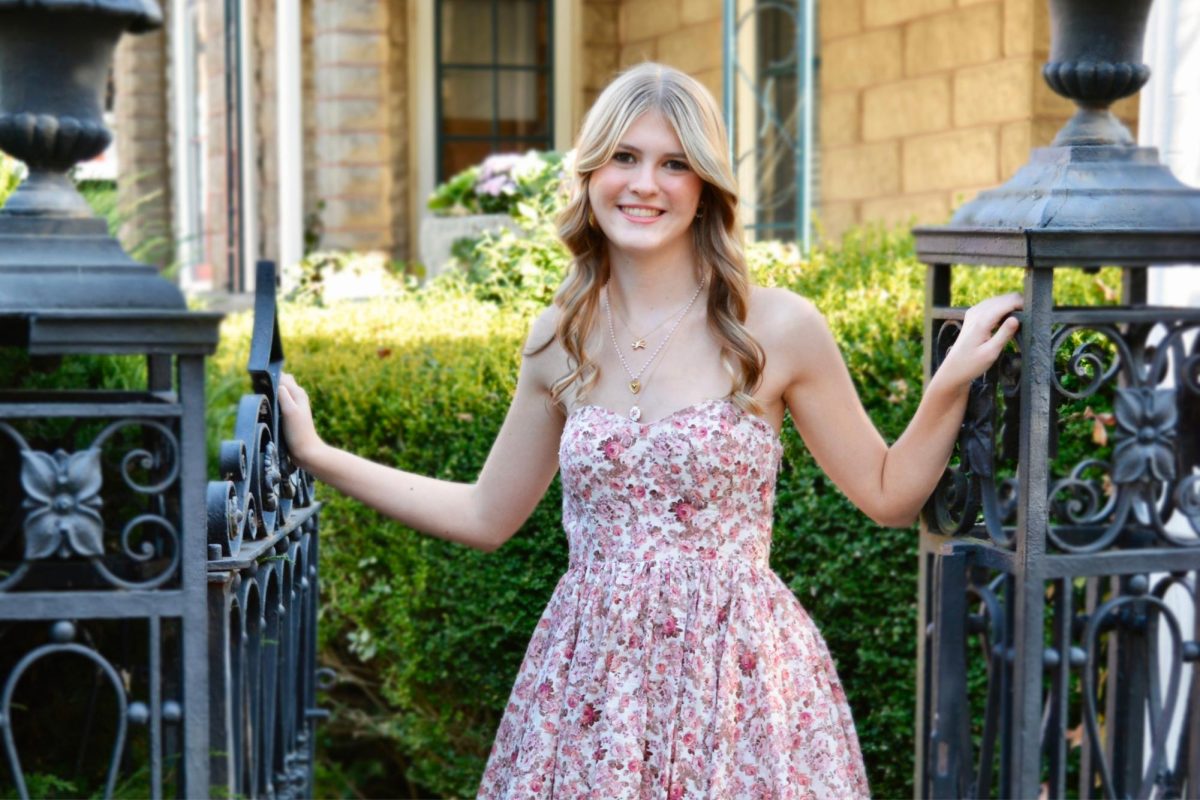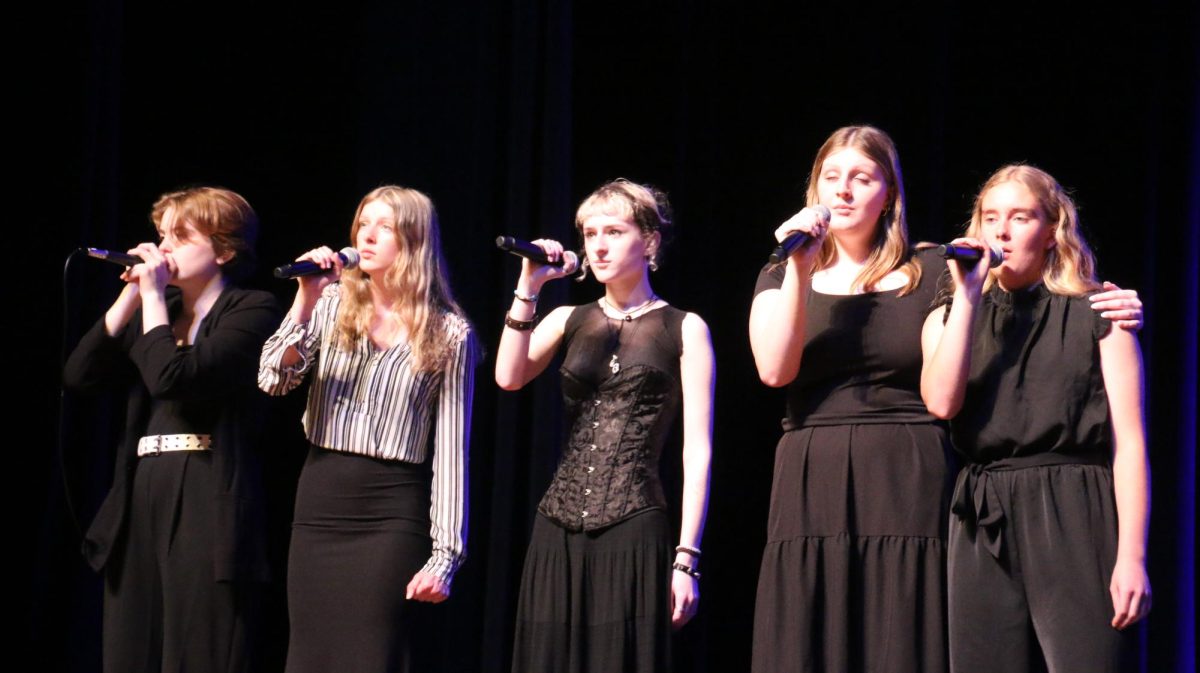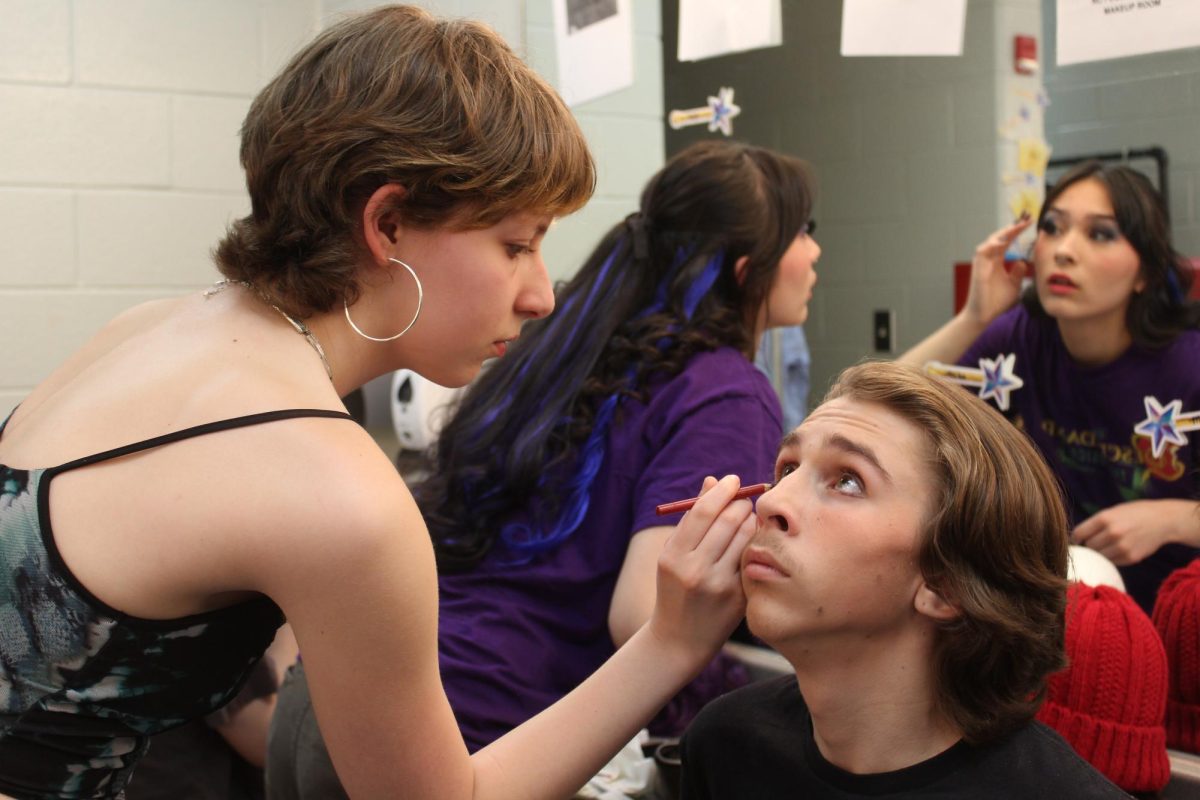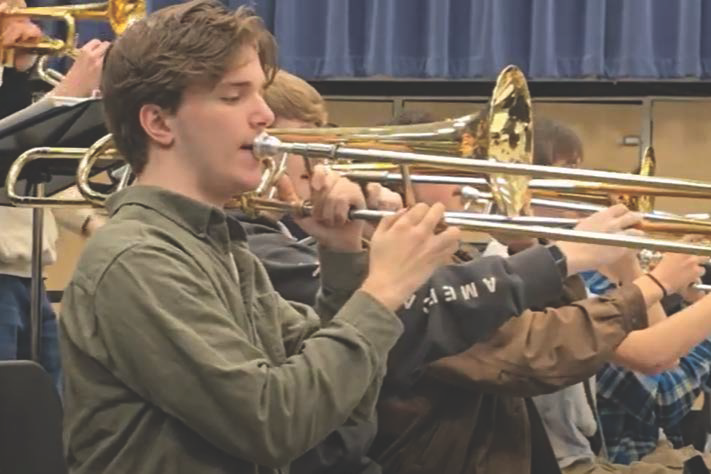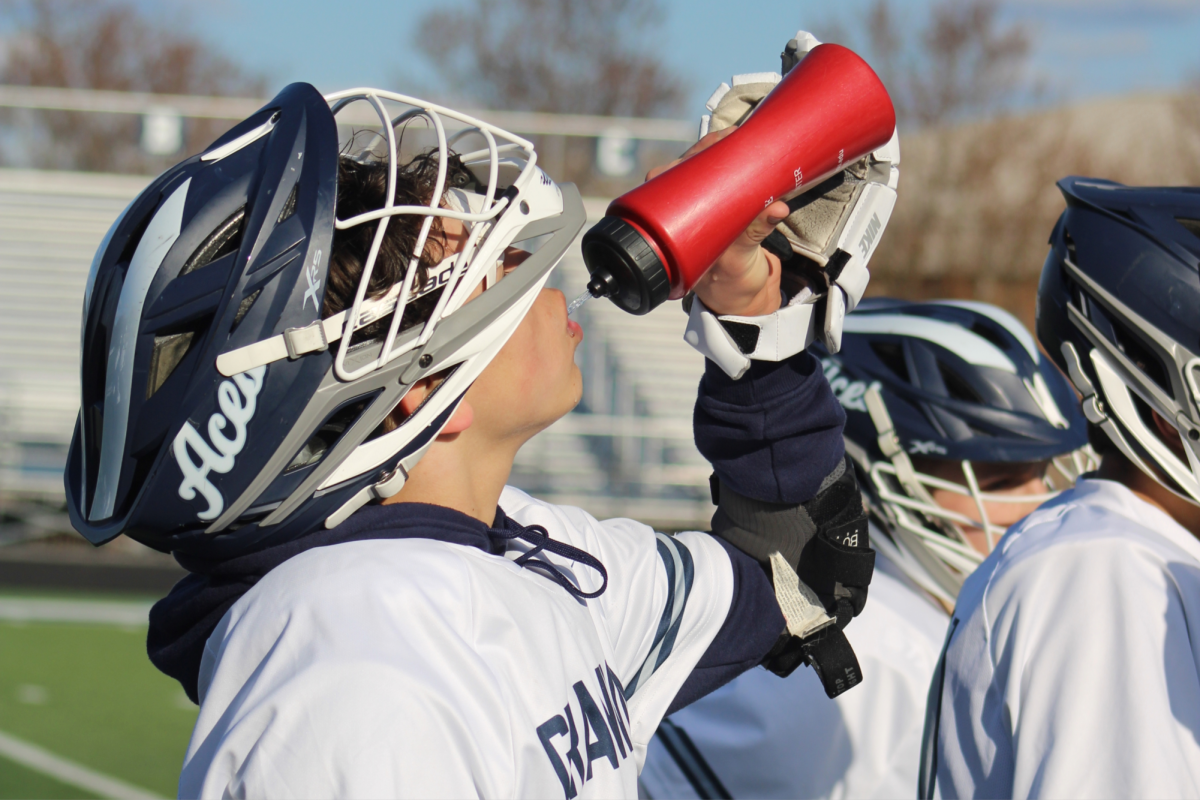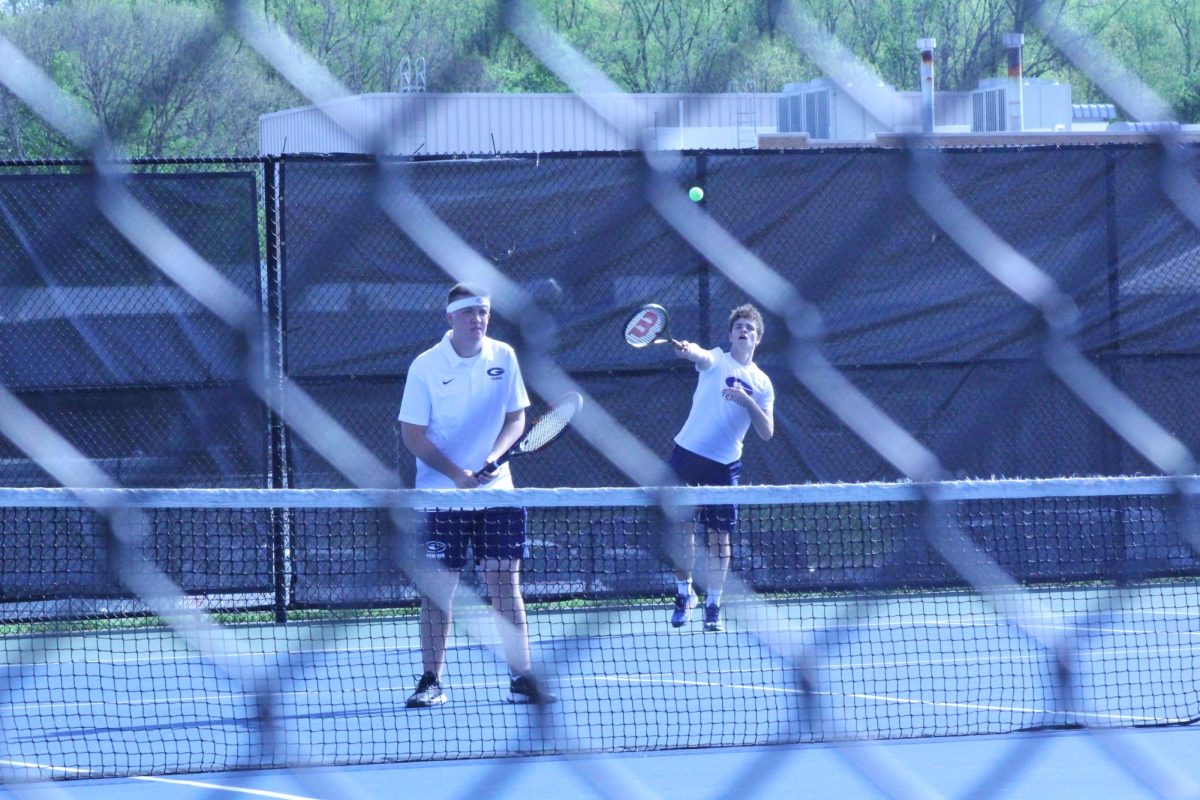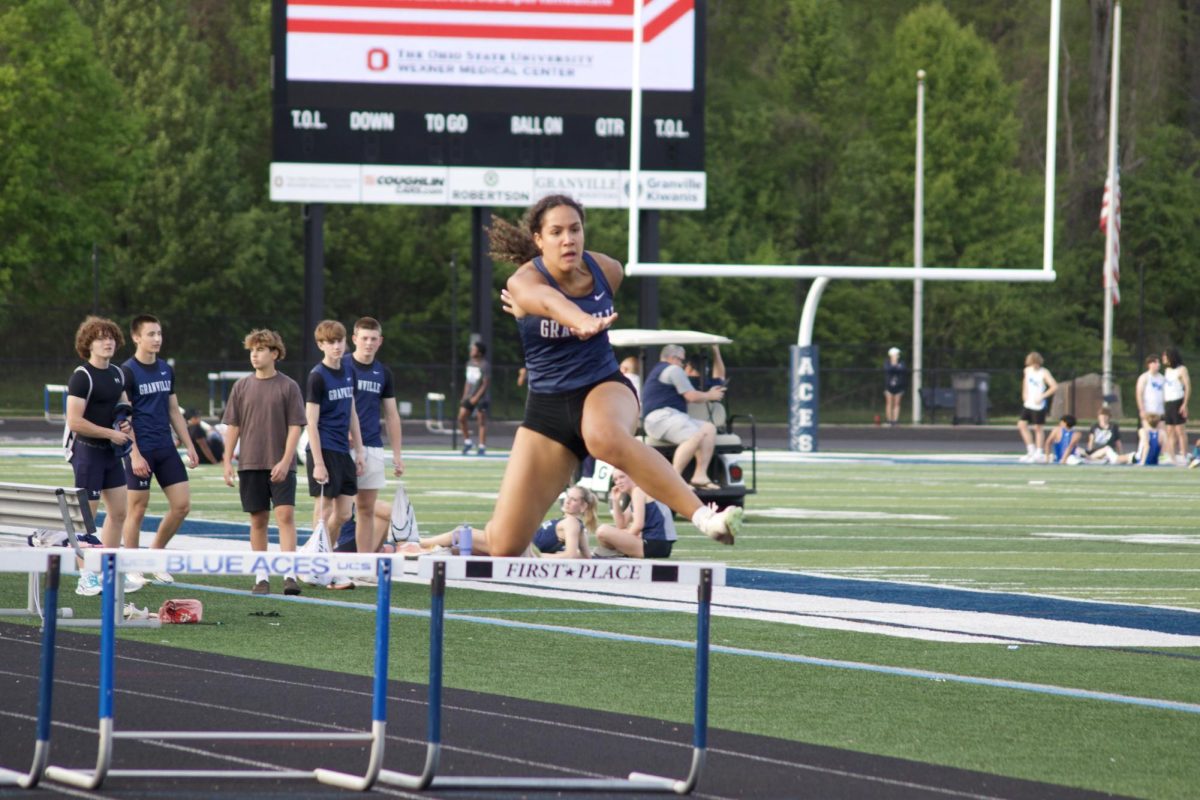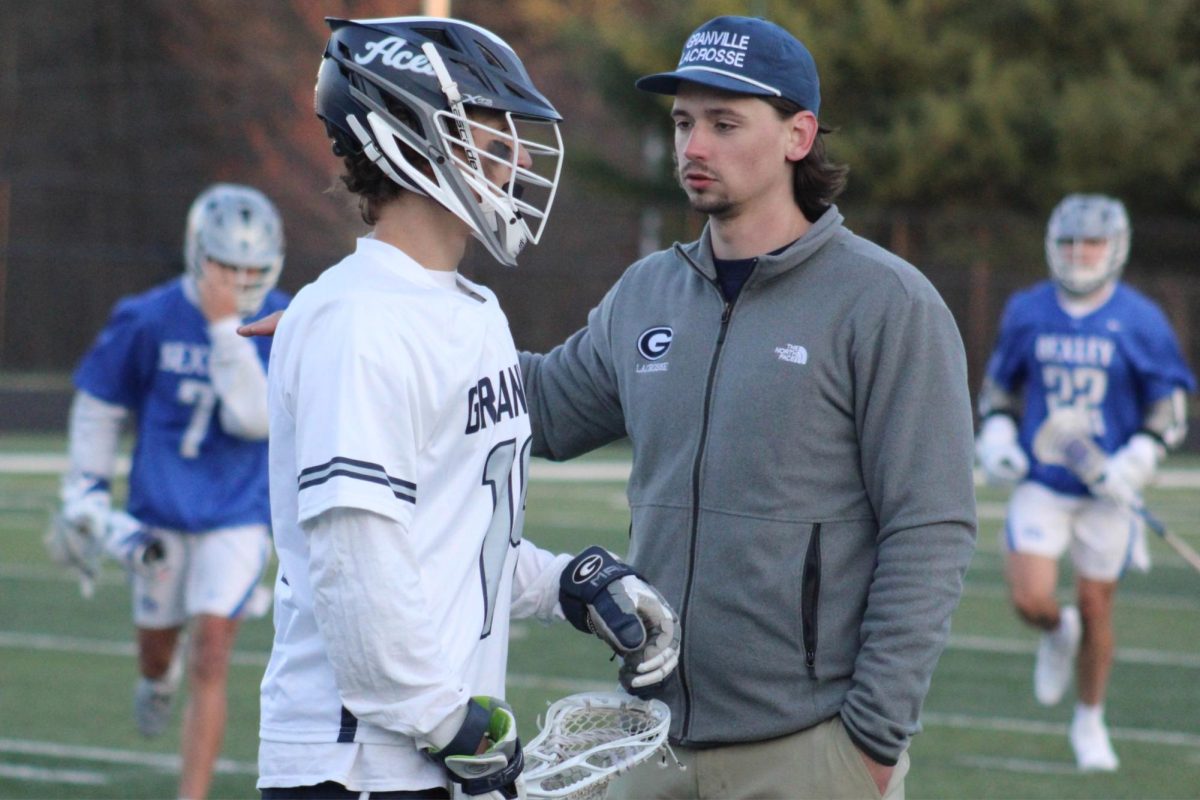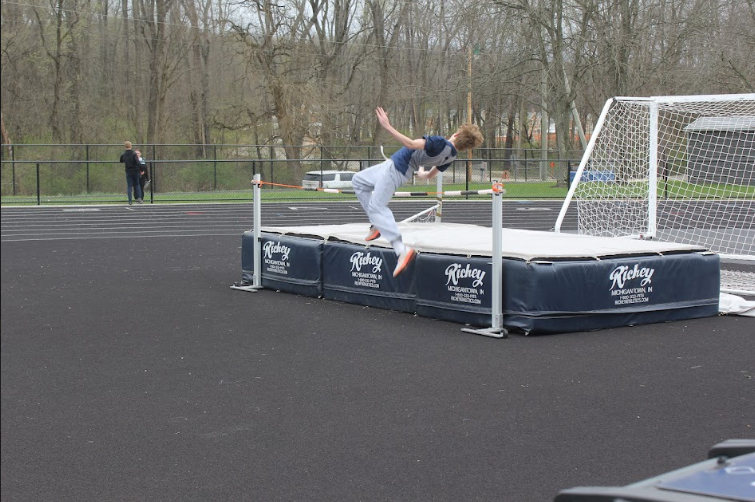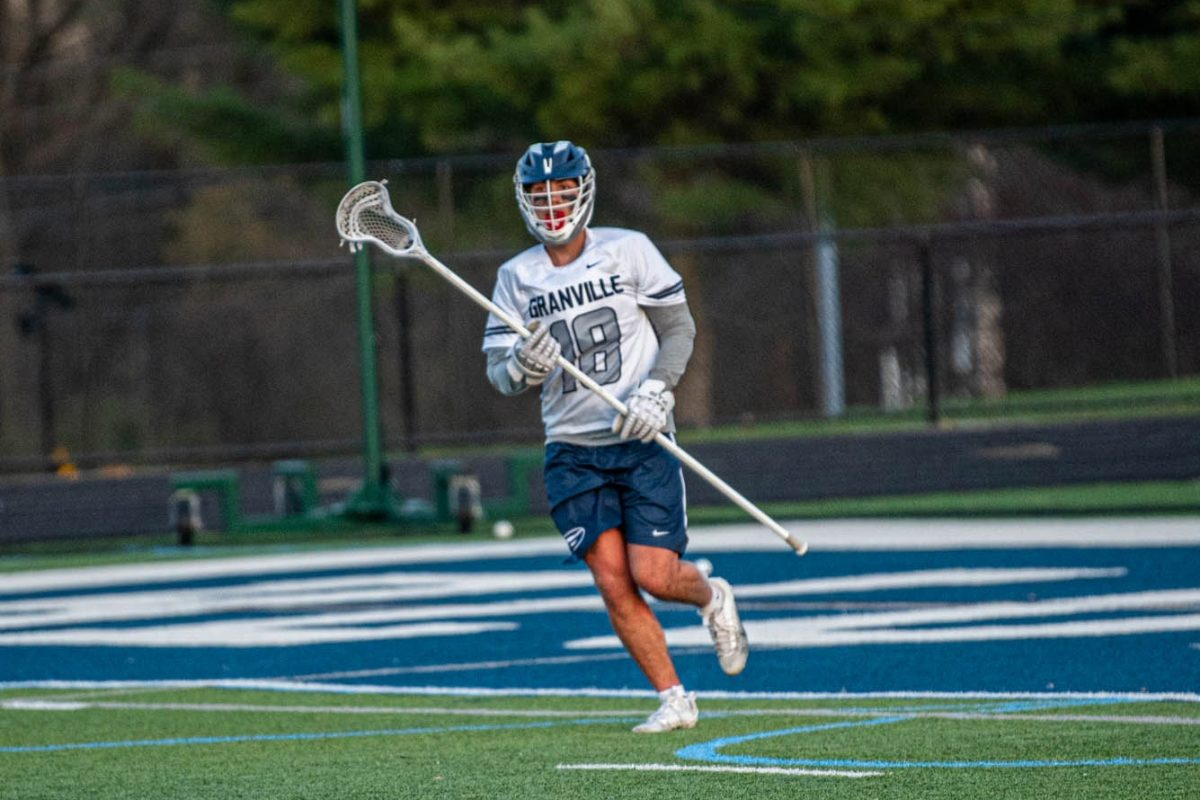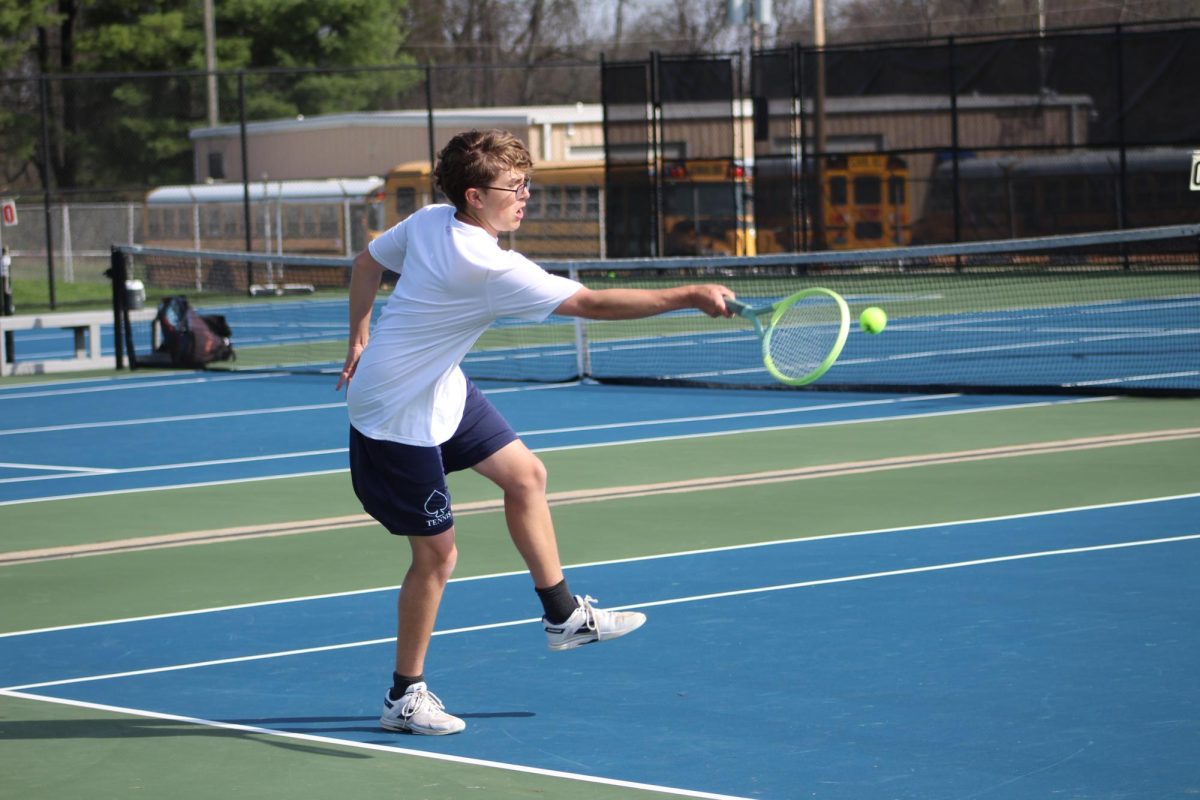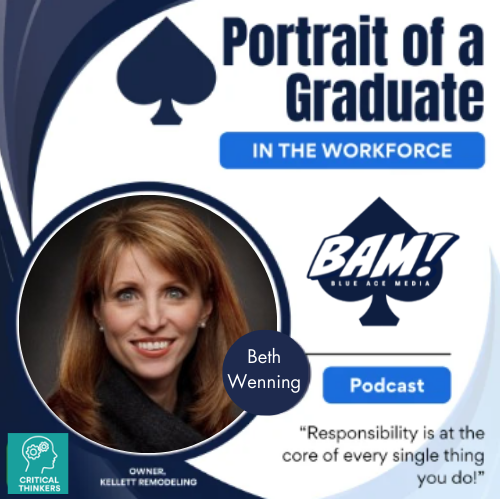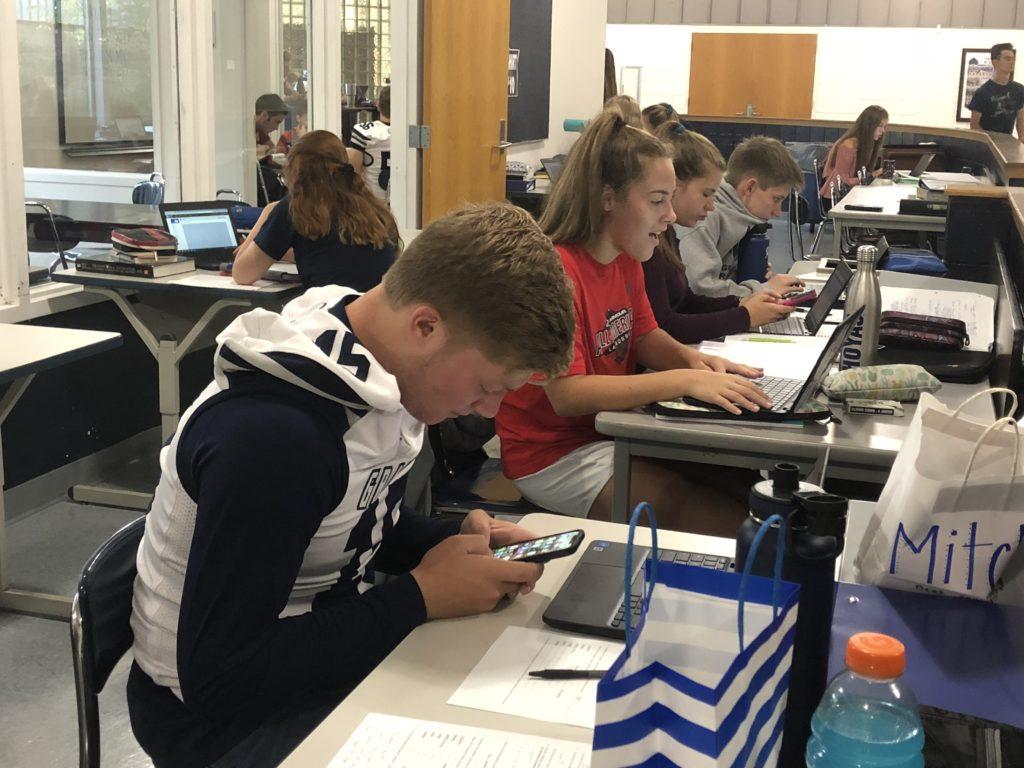BY JASON REDING (‘19)
The district has incorporated a new cell phone policy for the 2018-2019 school year banning the use of phones in classrooms completely.
Students are allowed to use their phones in between classes and during lunch only, with consequences for having them out in class.
According to the 2018/19 Student Handbook, “Cellular phones, iPODs, MP3 players, and other technological devices are permitted in the building; however, they must be kept out of sight and silenced during the school day so as not to interfere with the educational process unless specifically instructed by the teacher.”
The handbook also tells the students the consequences for violating the policy. For a first offense, the item is confiscated item and returned to the owner at the end of the day, “provided there are no concerns with the item.” On a student’s second offense, the item is confiscated and returned only to parents. On third and subsequent offenses, the item is confiscated and returned only to parents. Student may also be assigned school discipline.
“We are not going to come in on the first day and start taking phone out of hands… there will be a soft entry period at first, ” Principal Matt Durst said. He said he is curious to see how students will react moving on in the year.
The policy originated from concerns about the connection between cells phones and mental health.
“We’re all too connected to these stupid things,” Durst said. “The more we can give each other a break from being connected the better.”
Durst showed all high school students an Anderson Cooper “60 Minutes” interview relating cellphone use to mental health and addiction.
Senior Evan Noth said that the “60 Minutes” interview was “eye opening.”
Junior Ellie Lewandowski said that she is “conflicted” with the decision. She said that she “understands the need to not have them out in class” but she thinks “ that it will fade throughout the year.”
“Parents are already getting mad that they can not contact their children for a large part of the school day,” Lewandowski said.
Noth said that he thinks throughout the year the punishments will fade as teachers and parents get tired of dealing with it.
“Parents have the overall rule and when they get annoyed with it it will end,” Noth said. “It just isn’t going to last.”
Durst, though, seemed to think that the negative reaction to the policy will fade.
“That just like when we got rid of backpacks there was some negative attention for the first few weeks, but it faded throughout the year,” Durst said. “The negative attention will fade.”

